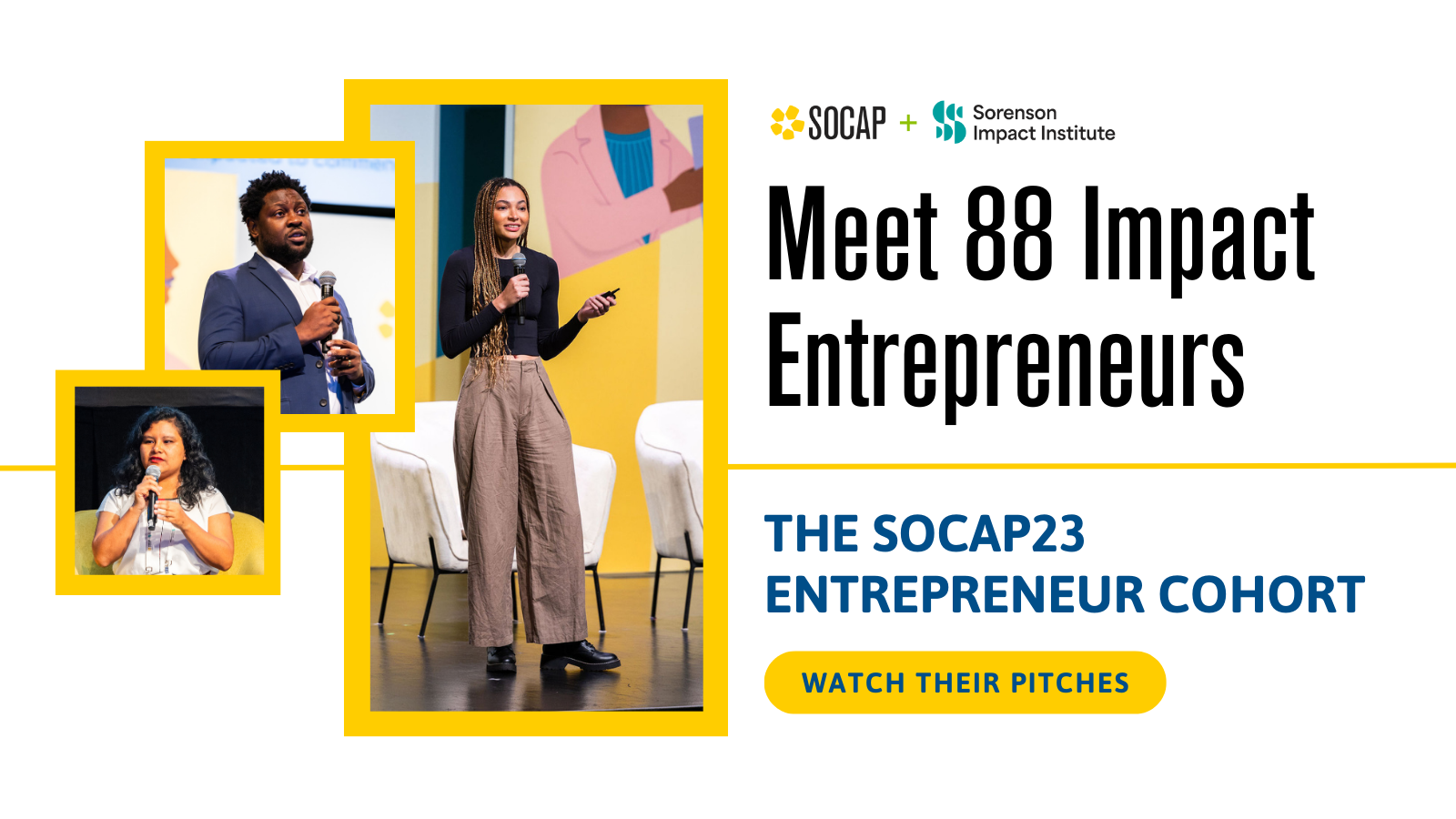People across the world have experienced COVID differently, but there is no doubt that it has affected us all.
At a very human level, it has prompted self-reappraisal, challenging us to think about what is really important and what we really need. For many of us, the crisis has changed how we consume, who we support and purchase from, and the quality of the relationships we hold with our neighbors and the local community.
At a global, national, and local level it is very clear that the crisis has accentuated social inequity. World Economic Forum indicators raise fears that the economic fallout from lockdown will only widen this gap.
Many people associate business as being part of the system which has contributed to this inequity, and as the relevance and resilience of business models across the world continue to be challenged, a potentially damaging critique is gaining mainstream momentum: are business as usual values fit for purpose in a new normal society?
Those with a conscious connectedness to the world they operate in, awareness of the impact they have and their contribution to society, stand not only a better chance to successfully navigate the uncertainty and build resilience for future change, but to create a positive benchmark in this new and more inclusive economy.
The message is clear: across the world, despite vastly different cultures and experiences of COVID,
people are demanding a fairer, more inclusive and sustainable world. Businesses can lead that change.
The issues that matter and the role of business
A Birds Eye View conducted a study of 1,000 people across the UK, France, Italy, Chile, Peru, Indonesia, and Nigeria to listen and learn about the lived experiences of people across the world, and to understand their hopes for the future.
Regardless of geographic, economic, and cultural differences, people across countries are united on the issues that matter and the core principles for change.
They want a recovery that doesn’t simply resuscitate our old economy but delivers a lasting response to the social and environmental challenges of our age. They expect national and local governments to lead the recovery and want community to take a more important role and recognize their personal responsibility too.
People across the world are united by their expectations of business. They demand improvements in their environmental and social impact, in the distribution of wealth in society, and the way that they work with government for the common good.
People want to improve fairness and reduce inequities
People want businesses to help build a fairer society. The crisis has given people a clearer appreciation for the essential workforce that drives the economy and the foundation of society. In developed countries, it is essential workers in health and education, in developing countries it is informal workers which can make up to two-thirds of a country’s total workforce.
People want businesses to improve standards for these workers. They want them to deliver fair wages and working conditions and create safer, more inclusive workplaces. In many developing countries such as Nigeria, the creation of safe and inclusive workplaces is the top ask of businesses.
In Chile and France, people want corporations to improve the distribution of wealth in society. It seems that Coronavirus has pushed to the forefront the conversation about whether a new kind of capitalism is possible.
The recent focus on employees and extended supply chains has highlighted the spectrum of responsible practice. The swift market and public outrage to fast fashion company Boohoo paying factory workers illegally low wages is a good example of this public intolerance.
People want a green economy and expect businesses to lead it
Across countries, people have been very clear: large businesses need to improve their environmental and social impact. This is reflected in recent recommendations for environmental policy development presented by citizen movements in the UK, (Climate Change UK), and in France (French Citizens’ Convention on Climate Change).
In comparison, Singapore’s Emerging Stronger Taskforce was criticized for excluding sustainable business voices to deliver a more equitable, sustainable future for Singapore.
Many businesses are taking action. Cross-sector coalitions such as the We Mean Business initiative is urging finance ministers and central banks to unite with them to tackle climate and economic recovery.
In preparing for the new normal the International Trade Centre Competitiveness Outlook outlined four priorities for SMEs, one of which is ensuring that businesses become more sustainable and climate-friendly.
Adapt not to survive, but to thrive
COVID is testing the purpose, relevance, and role in society of all organizations and sectors, especially business. It has revealed the vulnerabilities of business models and highlighted the importance of strong values and culture to organizational adaptability and resilience in a crisis.
The recovery from COVID provides an opportunity for businesses to re-set, revisit, and renew organizational values, but that must happen in the context of a more collaborative and less permissive society.
To engage differently, business needs to better understand society’s changing needs and the environment they are operating in. They must listen when their customers, employees, and stakeholders ask for a return of human values, greater solidarity, and greater respect for the planet.
A Birds Eye View is a strategic business and marketing consultancy working at the intersection of commercial, social, and sustainable development.
Helena Wayth is the founder and driving force behind A Bird’s Eye View.
She brings 18+ years of experience in global organizations such as L’Oréal and Unilever ranging from managing big-budget brands to leading small entrepreneurial start-ups. Her breadth of senior strategic and operational leadership experience spans markets (Asia, Europe, US, UK, Africa), sectors, and cultures.
She sits on the Board of two International Non-Profit Organisations, PATH, and Practical Action, which focus on developing and scaling solutions in global health and technology equity to deliver lasting positive social change.
The survey had 1,000 respondents aged 18 or over. It was carried out between 5th – 22nd May 2020. The countries surveyed were the UK, France, Italy, Chile, Peru, Indonesia, and Nigeria.







